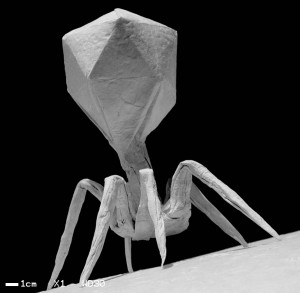
I am sick and it is my fault. In my line of work, with constant travel, shaking hands, kissing babies, chatting with folks from around the world, the risk of falling ill is quite high. I do my best to keep healthy, wash my hands obsessively, take zinc and guzzle orange juice; anything that could potentially keep me from getting the next stint of bronchitis is worth my time. But then, of course, I go and do something completely bold and highly foolish, which lands me with a deep cough and raging migraine.
Is it staying out all night, dancing wildly at a beach rave? Or perhaps burning the midnight oil coming up with clever new blogs you my lovely readers. Alas, no, neither of these. Rather what made me ill this time away was going for a swim. In the San Francisco Bay. Right after a rain storm.
Now for those of you who regularly swim in the frigid waters off a major city (e.g. the Boston Harbor or NY’s Hudson River), you are probably already immune to the infections that can be caused by a mouthful of sea water filled with Band-Aids, soda caps and other items of ill-repute that are not appropriate for a public blog. But alas, I already have a weakened immune system from the traveling and baby-kissing etc. So one mouthful was enough to land me shivering under the sheets for a couple days. Also it was cold. I don’t care what all you Escape from Alcatraz swimmers say, that water is icy.
But this is really me just being dramatic, because it’s unlikely that a mouthful of sea water, even after an extreme rain storm that washed all the condoms and hypodermic needles from the city into the Bay, could render me quite so ill. It was probably happenstance. But it does make you wonder: what do we know about viruses that live in the ocean? Do viruses even live in the ocean?
Turns out they do, they are actually the most numerous “life-form” in marine systems, and we know a bit about them.
To talk about marine viruses though we need to start with some virus basics. Like, for example, how you could argue (and people do) that viruses are not alive. They can’t replicate on their own and all they really do is wander around like zombies trying to infect and replicate, infect and replicate, infect and replicate. Very zombie-like, as far as I’m concerned.
So, how do they replicate? This video does a nice job explaining how viruses infect bacteria (yes, viruses even infect bacteria). This is a little different from how viruses infect people (check out this video for an explanation). And even though viruses can cause all sorts of nasty issues for marine animals, most of them actually infect prokaryotes (think bacteria and friends) and microalgae.
You’ll notice in the video above that when viruses are done replicating in the bacterial cell, they burst out! This kills the bacteria, d’uh, creating all these yummy nutrients available for microorganisms to nibble on. So not all is lost: viruses leave behind delicious bacterial corpses to devour.
Since viruses are dependent on their hosts for replication, anything that will impact the host will impact the viruses. If growth rates increase in prokaryotes due to temperature increases, this could lead to higher rates of virus production. If there is higher virus production, well then there could be more infections and so more bacterial corpses, which means more food for other organisms, so suddenly we are impacting the food web, the microbial marine community and something scientists call the biogeochemical cycle. This is basically what you might have heard referred to as the carbon cycle, or the nitrogen cycle, or the phosphorous cycle. Each of these things could be impacted by a major viral outbreak that offed a bunch of bacteria.
This is only the tip of the iceberg though when it comes to climate change impacts on marine viruses, and it seems there is ample more to find out. Could a change in temperature affect how viruses engage with bacteria (i.e. hide out in them vs. replicating and bursting forth immediately)? Could it impact viral decay in the water? Could changes in ocean saltiness (also called salinity levels) due to melting ice and snow, change the viral and bacterial dynamics? Could this lead to freshwater viruses invading ocean systems? Do you see now why I have a raging migraine?
Maybe it wasn’t the dip into the murky waters of the SF Bay that caused me to feel ill. Maybe it was just trying to unravel the wildly interesting, but still not well understood effects of climate change on marine viruses.
Cough-cough.
Further Reading: